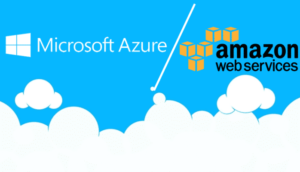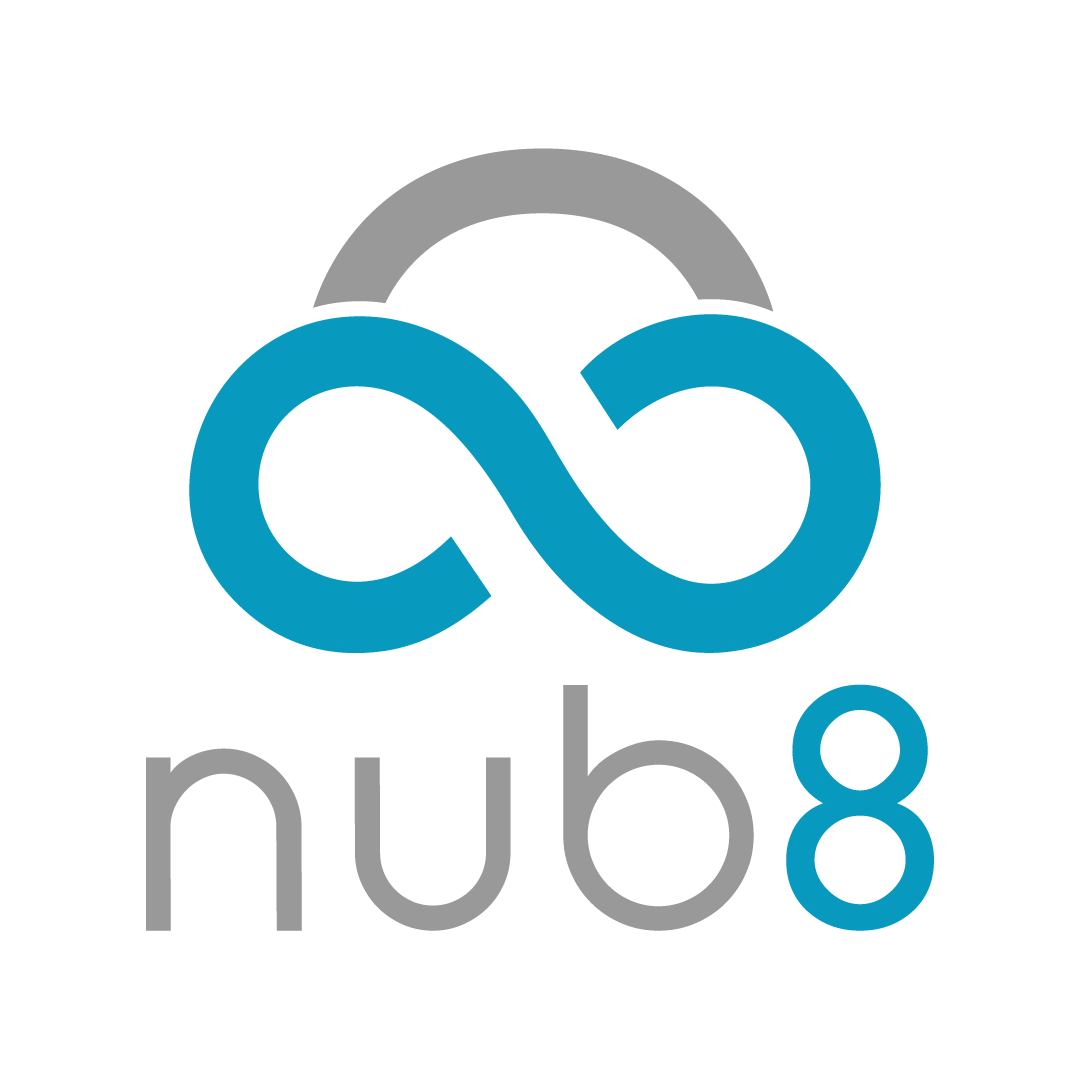The Azure vs AWS discussion has been going on forever. Specialists go back and forth on the pricing, services model, features, capacity, quality, strengths and weaknesses of each platform. In spite of all the discussions, there is no clear agreement. The real answer is? It depends on needs and requirements of client.

Servicios
Azure delivers a large variety of cloud service area, including those for compute, analytics, storage, and networking. Contrastingly to AWS, Azure focuses on data centers and in turn, the Azure platform works hard to interoperate with data centers.
User-friendly
Both AWS and Azure can exist within the same company infrastructure, but it’s significant to distinguish where each one outshines. Some IT experts have branded Azure as more user-friendly and needing the less training time. The learning curve will not be as steep for IT professionals already familiar with Windows servers.
Pricing
Similar to AWS, Azure’s pricing is also complex because of the flexibility and because of Microsoft’s problematical software licensing choices and use of case-based concessions. The pricing structure is hard to comprehend without outside assistance and substantial knowledge.
Moreover, dedication to AWS does pay off in terms of greater suppleness and a wide number of third-party integrations. Before you choose between AWS or Microsoft Azure, seek out ideas from hybrid cloud deployment specialists.
The cloud sector is a fiercely competitive market. For now, the sector as a whole is rising at such a rapid clip that there’s negligible essential for the leading companies to combat for market share. Actually, Amazon’s AWS and Microsoft’s Azure are trying to place themselves with very dissimilar commercial models.
Cognitive Services
Microsoft established Cognitive Services to resolve the glitches in the field of AI and ML. The notion is to democratize AI by wrapping it into distinct mechanisms that are informal for developers to integrate in their own apps. According to AWS, their competences are constructed enhanced for machine learning. They deliver ML Services, AI Services, Learning Tools, etc. It seems that, Azure looks to be the strong front-runner in Cognitive Services.
Depends on needs
While AWS remains the leading cloud services stage, Microsoft Azure and Google Cloud Platform are increasing their market share. So, companies are employing “multi-cloud” strategies that are altering the construction of the cloud industry and the power dynamics that lie within. Building the right call right off the bat here is not that simple. Actually, every company is dissimilar and should tactic cloud migration inversely based on its technical footmark, analysis, needs, goals, and resources at hand.
